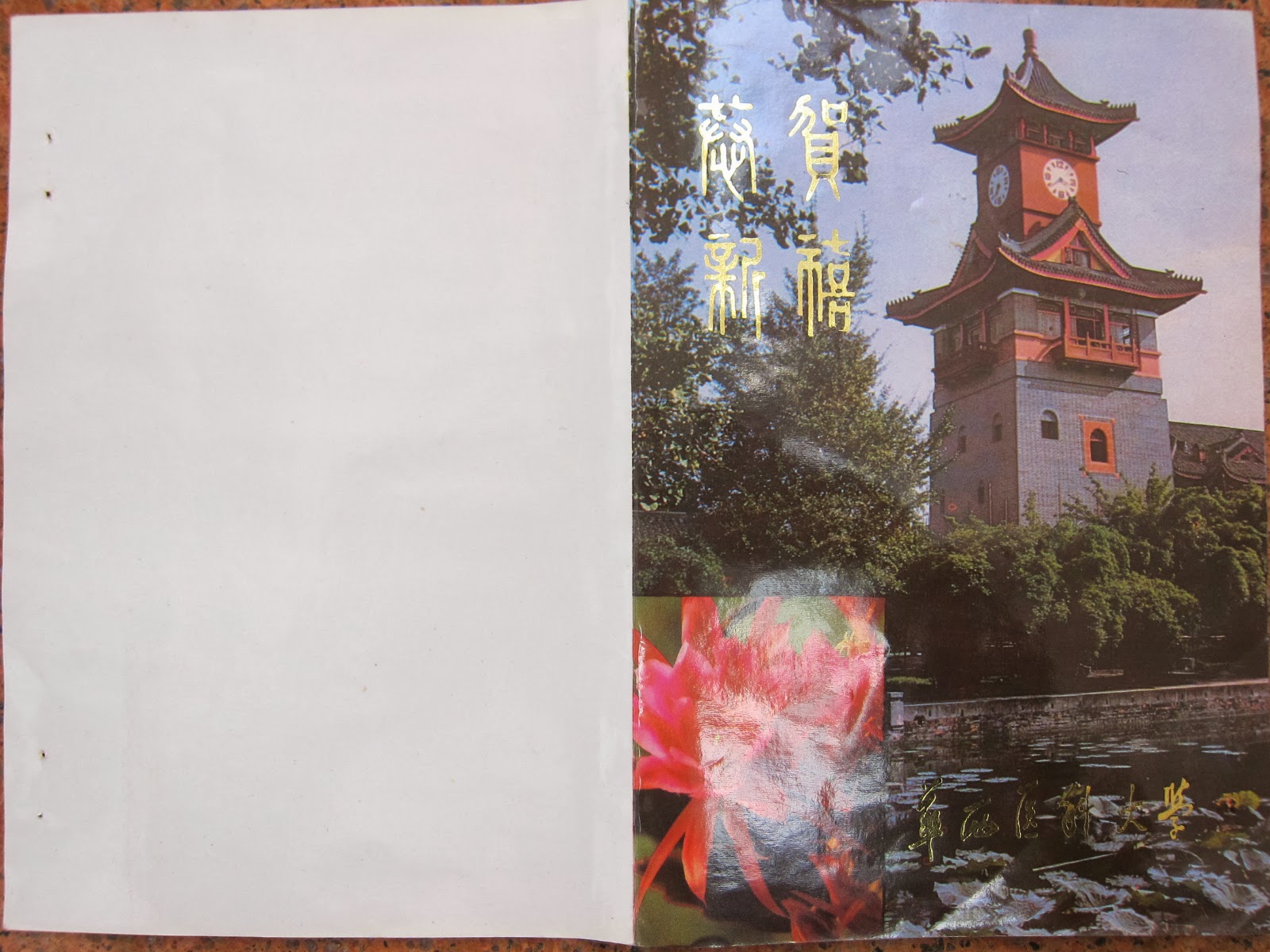This is a 38mm long, 10 weeks 4 days (8 weeks 4 days after conception) little embryo, temporally living in my belly.
The gender of the embryo is not yet defined, its sex organ not yet formed. So I call this little thing "it".
My belly is still flat, no weight gain yet. If three weeks later, the decision be made to kill this little thing, because it doesn't have a penis, nobody should be able to notice.
When we were in the hospital, watching the ultrasound image, it was jumping around, stretching arms and legs, flipping over, kicking. And we saw that, it was smiling the whole time, with its thick lips fully resemble its father's.
It is a life. Grows by second.
Two weeks ago we saw its heart beat for the first time, 150 times a minute. It didn't have a little bit human shape by then, looked like a frozen turkey in the supermarket, it didn't move at all.
Only two weeks after, we saw the fully functioning arms and legs, we saw its smile on the face.
Maybe it already started dreaming, and wondering where it is living right now. Soon it will have the urge to know the world, to know everything, to explore.
We didn't care to ask the doctor if she could tell the gender of the little thing.
Because it is our baby, the gift from gods, the reminder of our love. That, is all it matters.
It is a life. Grows by second.
#save female fetuses
#stop female foeticide
Related post: Gender


.jpeg)
